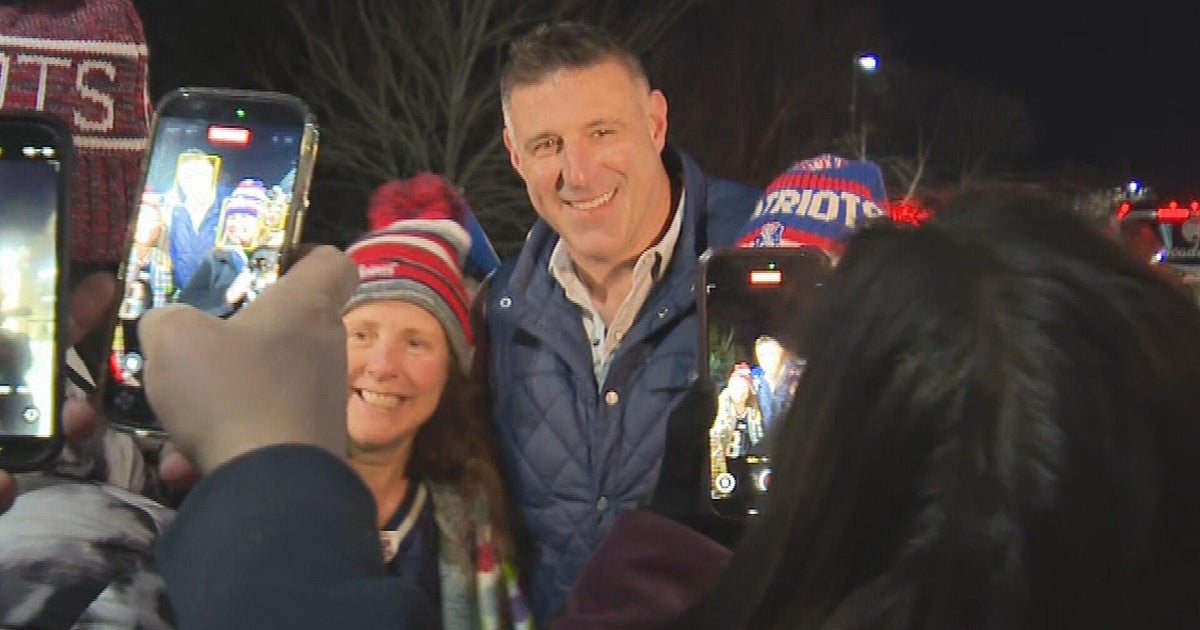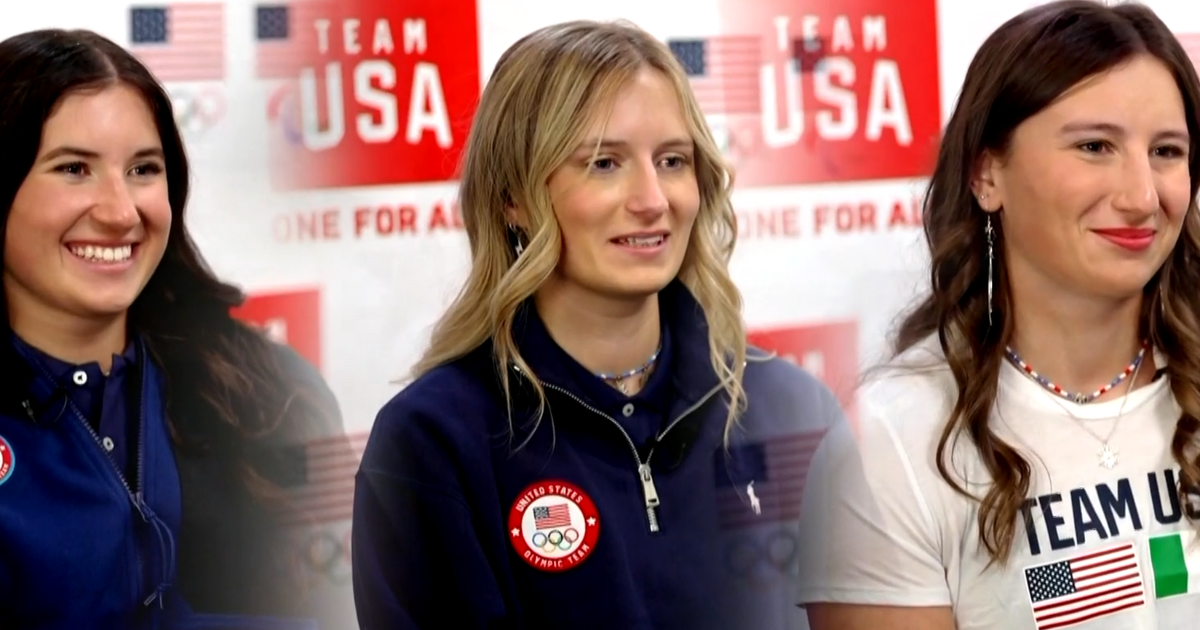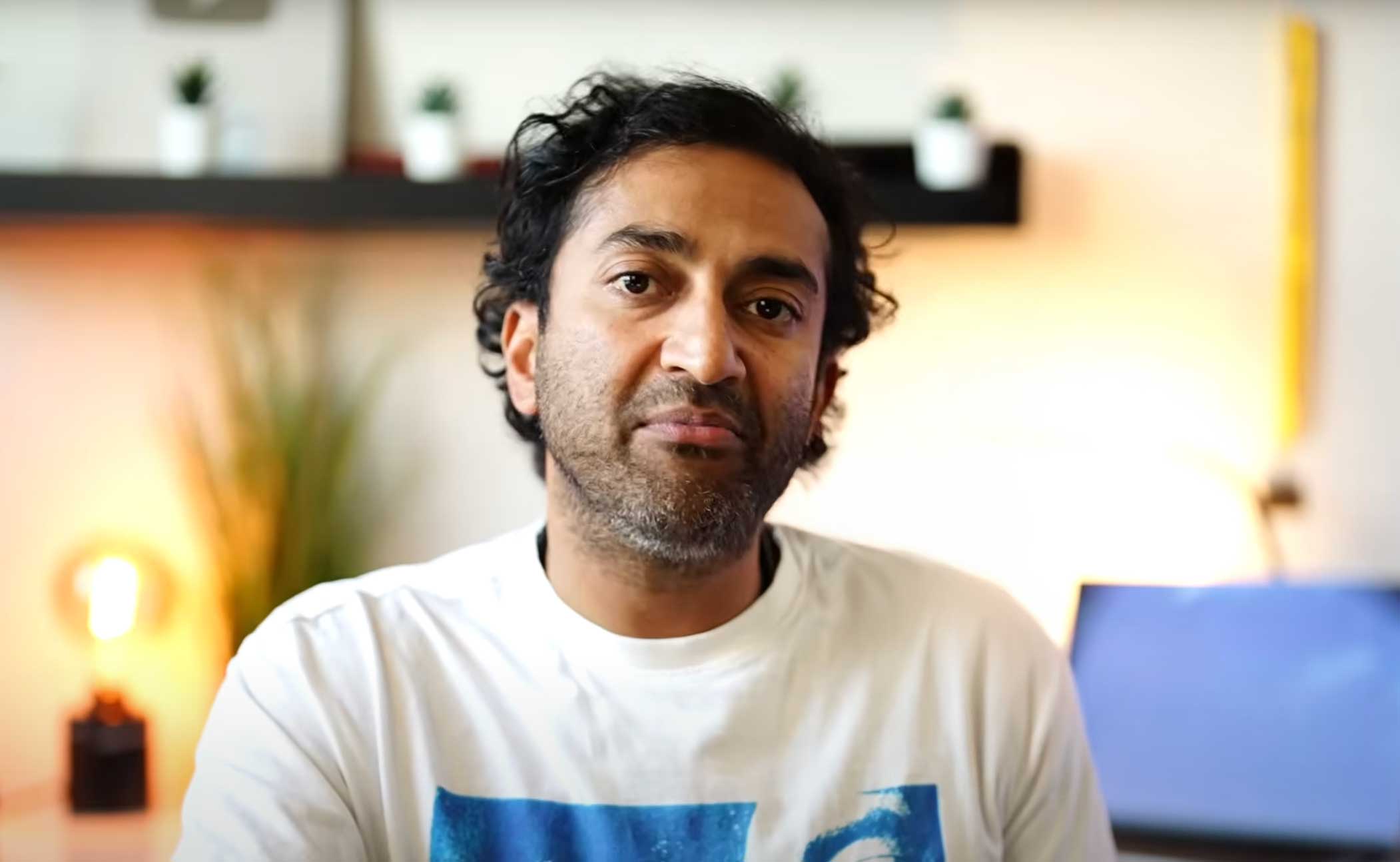"Vaxxies" may be new, but they're part of a long tradition
Forty-five percent of Americans have received at least one does of a COVID-19 vaccine, and 33% are fully vaccinated, according to the Centers for Disease Control and Prevention. With countries racing to vaccinate their citizens, smiles are appearing online, as pictures show people getting their shots.
While vaccine selfies — or "vaxxies" — may be a new phenomenon, however, they're also part of a long tradition.
Dolly Parton, Mariah Carey and Arnold Schwarzenegger are among those who have posted videos or images showing themselves getting a COVID shot. Politicians are also posting online after they roll up their sleeves and — in some cases — unbutton their shirts. Ministers in Greece, France and England have been teased and praised for baring their humanity.
British Member of Parliament Brendan Clarke-Smith said he was only trying to show that the vaccine is safe, although he wasn't expecting to show as much skin as he did.
"It's just to kind of give people reassurance," he told "CBS This Morning" correspondent Roxana Saberi. "I wasn't expecting to get the vaccine, so if I was, I would have worn a T-shirt. So I probably had to show a little more flesh than I was expecting."
But the MP's shot wasn't the only thing that garnered attention on social media.
"I was quite hairy as well, so I had a few comments about that, too," he joked.
While COVID-19 is the world's first social media pandemic, using visuals to encourage vaccinations is an old tradition. An 18th-century engraving, for example, depicts smallpox vaccine creator Edward Jenner inoculating a child.
Natasha McEnroe, keeper of medicine at London's Science Museum, says that after the polio vaccine came into use in 1955, public health campaigns used multiple forms of media like photos of beautiful women and even famous folks like Elvis Presley to promote them through public influence.
"Of course, Elvis Presley being photographed, being administered the polio vaccine was something that did have enormous influence," McEnroe told Saberi. "If it's alright by Elvis, it's alright by the rest of us!"
In 1976, President Gerald Ford posed for his swine flu vaccine, and in 2009, so did President Barack Obama.
But social media has changed the picture in the present pandemic for groups like the British Red Cross. The organization posts images of everyday people getting vaccinated, which Curator Mehzebin Adam says helps normalize the experience.
"Vaccine hesitancy has existed for as long as vaccination has existed," she told Saberi. "By looking at people's real stories, it separates fact from fiction, so people have more accurate information around vaccines."
Some critics say the vaccine photo-op can create resentment – after all, not everyone has access to a COVID-19 shot.
But McEnroe, who is already archiving items from the coronavirus pandemic, says the trend is a good thing overall.
"It's a way of unifying us," she said. "The fact that by getting an injection, it's not just protecting myself, it's protecting the community around me. And more importantly, perhaps, they create a role in making some of us smile, which I think at the moment is really really important."
She says when future generations look back on this pandemic, they'll see more than just a snapshot of this moment in history.



